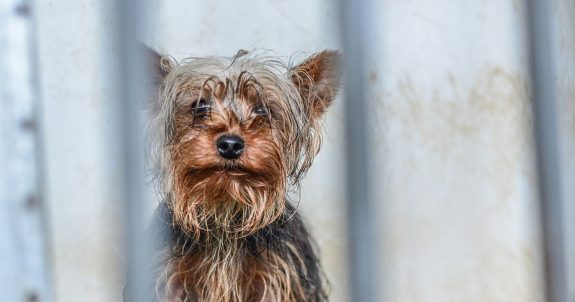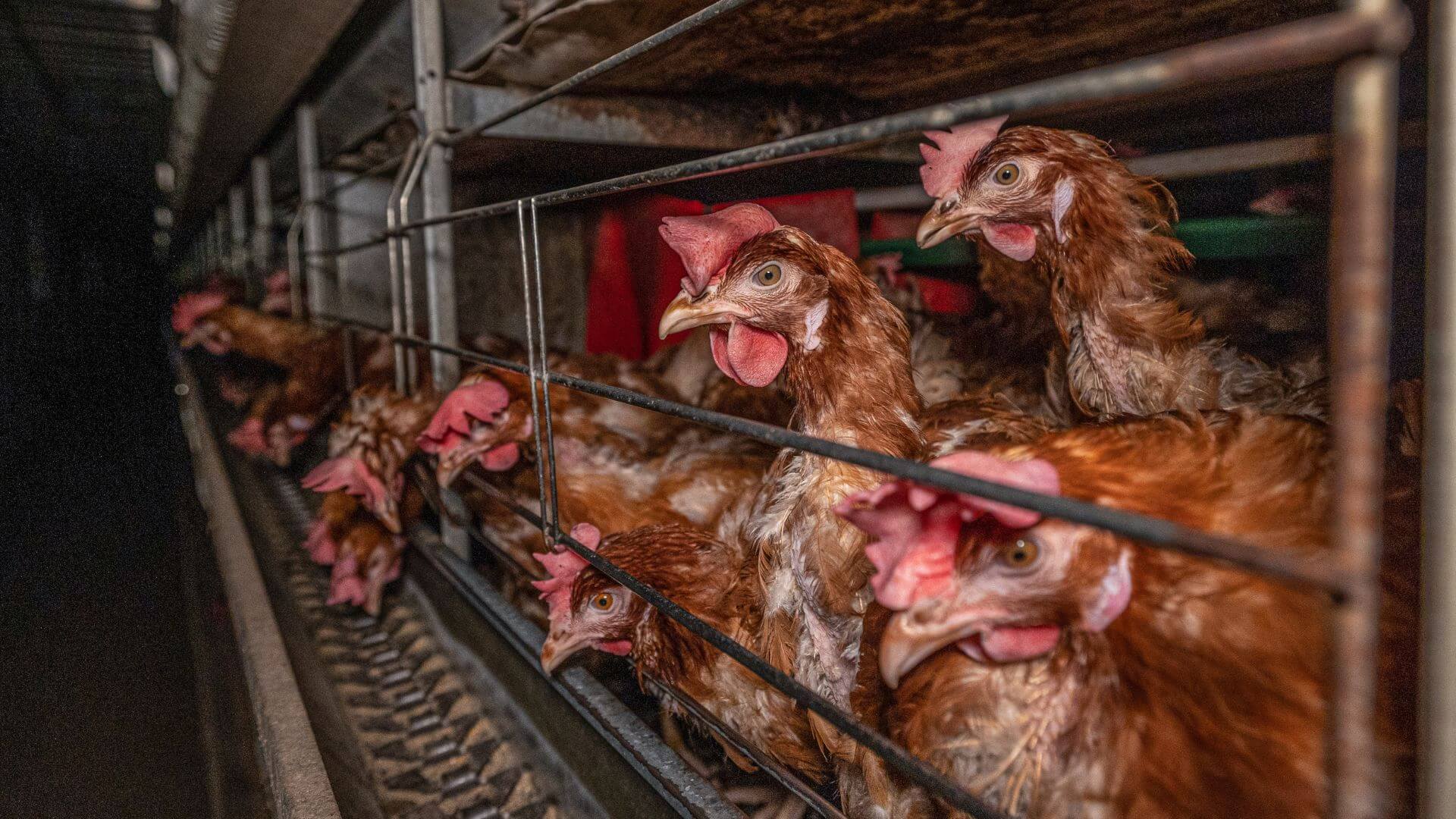Today, Animal Justice’s executive director Camille Labchuk testified before the Standing Committee on Justice Policy at the Ontario legislature, asking lawmakers to tackle the puppy mill crisis in Ontario.
In December 2023, Ontario introduced the Preventing Unethical Puppy Sales Act (PUPS Act), which would amend the Provincial Animal Welfare Services Act to prohibit some harmful dog breeding practices. But the bill won’t do anything to stop cruel puppy mills and backyard breeders, which are rampant across the province and go completely unchecked.
In the committee stage of the legislative process, lawmakers will carefully review legislation and can suggest amendments to make it stronger, which is what Animal Justice is urging committee members to do.
As it’s currently drafted, the PUPS Act would:
- Ban the breeding of female dogs who are under a year old and restrict breeding frequency
- Prohibit separating puppies from their mother before they are eight weeks old
- Require that dogs with a contagious disease are kept away from others
- Require sanitary conditions
The PUPS Act fails to:
- Require licensing for dog breeders so they can be inspected and the laws enforced
- Limit the number of dogs who can be bred—one of the biggest factors impacting dogs used for breeding
- Create strong, detailed standards for adequate housing, food, exercise, socialization, and vet care, and screening for genetic problems in puppies
- Prevent dogs and puppies from being caged 24/7
- Protect dogs from being kept in inadequate conditions
- The absence of a licensing regime is one of the most dangerous oversights in the bill. Without breeder licensing, breeders and their locations aren’t tracked, making animal law enforcement virtually impossible, and leaving the government with no easy way to immediately shut down a bad breeder
Authorities have no choice but to rely on complaints to find puppy mills, yet they often operate out of barns and basements, far away from public view. This is one of the reasons they are so hard to detect and shut down.
How Dogs Suffer in Puppy Mills
Puppy mills are commercial breeding facilities that prioritize profit over the well-being of the dogs—some of they may be massive factory dog breeding mills, while some may be small backyard breeding operations. It is common for dogs in puppy mills to suffer from neglect and overcrowded and filthy living conditions. These dogs are often denied adequate veterinary care, food, water, and/or socialization. Puppy mills can make huge profits, and as a cash-based business, often don’t pay taxes.
Animals from puppy mills and backyard breeders frequently become ill or injured from chronic conditions, abuse, or genetic defects.
Female dogs are typically bred at every opportunity with little to no recovery time between litters, leading to severe physical and psychological stress. Puppies from these facilities frequently exhibit health and behavioral issues due to poor breeding practices and lack of early socialization.
Websites like Kijiji and Facebook make it easy for cruel puppy mill breeders to sell dogs. The PUPS Act could help break this pipeline by encouraging pet stores to work with rescue groups to adopt out dogs in need, and to prevent dogs from dying in overburdened shelters.
Help protect dogs! Tell Ontario to require licenses for breeders, create strong legal standards for breeding and care, and fix the incredibly weak PUPS Act.
Banner: Jo-Anne McArthur | We Animals Media with the Montreal SPCA




